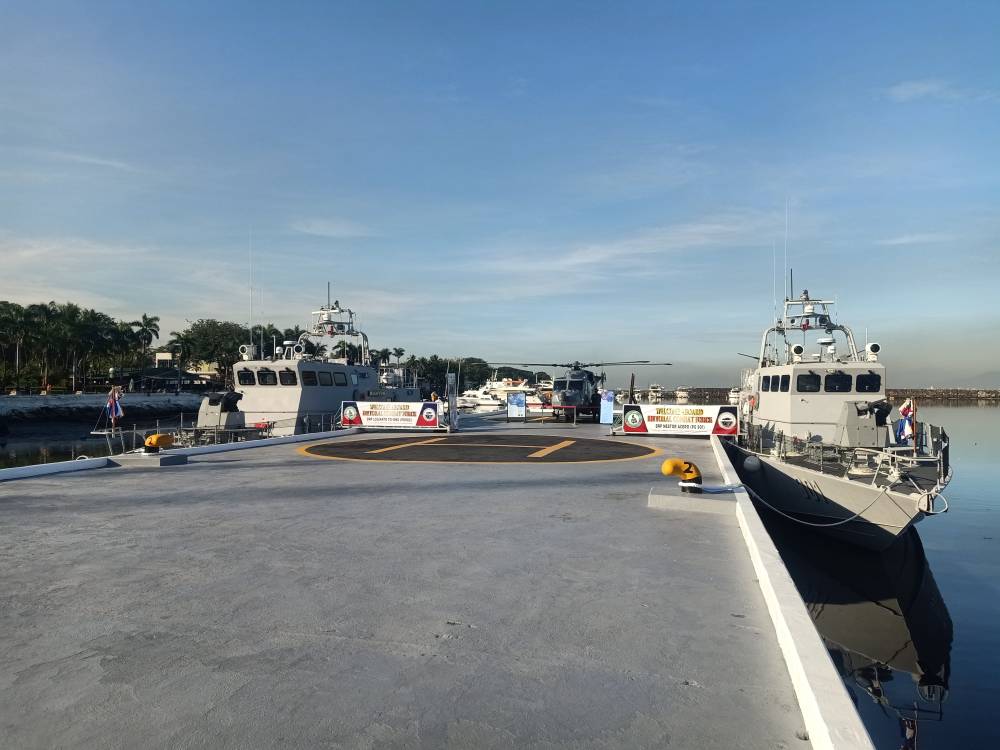
The Philippine Navy (PN) will commission into service two fast attack interdiction craft (FAIC) in March which are equipped with non-line of sight (NLOS) missiles from Israel.
PN spokesperson Commander John Percie Alcos said that the missile boats were acquired from Israeli Shipyard Ltd. as part of the second horizon of the Armed Forces of the Philippines’ (AFP) modernization program.
“The Philippine Navy is scheduled to commission two more fast attack interdiction craft this coming March. This is on top of the four that we already have in our inventory,” Alcos told reporters at Camp Aguinaldo in Quezon City on Tuesday, February 27.
The future patrol gunboats PG-906 and PG-907 are Acero-class vessels which were delivered to the country on Nov. 18, 2023. They will be operated by the Philippine Fleet’s Littoral Combat Force.
At present, they are docked at the Commodore East Posadas Wharf in Cavite City.
They will be armed with NLOS missiles with pinpoint accuracy and range of 25 kilometers. An NLOS missile is a long-range anti-ship weapon that can hit a moving target even beyond visual range.
The two missile boats will join BRP Nestor Acero (PG-901) and BRP Lolinato To-Ong (PG-902), which were delivered in September 2022; and BRP Gener Tinangag (PG-903) and BRP Domingo Deluana (PG-905) in the navy’s fleet of Acero-class patrol vessels.
The FAICs were procured by the PN from Israel in 2019. The contract includes the delivery of a total of nine platforms for P10 billion. The remaining three platforms are to be constructed and delivered within the next two years.
The acquisition of the FAICs is considered as the first of its kind in the defense cooperation between the Philippines and Israel.
“This is geared towards fully developing the Navy’s capability to support the range of missions that different unified commands are mandated to undertake, and part of Navy’s commitment as the guardians of our seas to ensure national sovereignty, security and stability,” Alcos said.